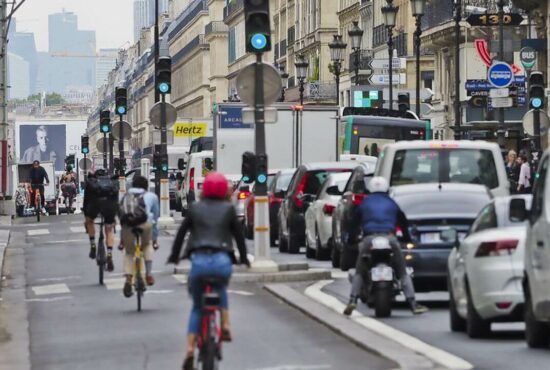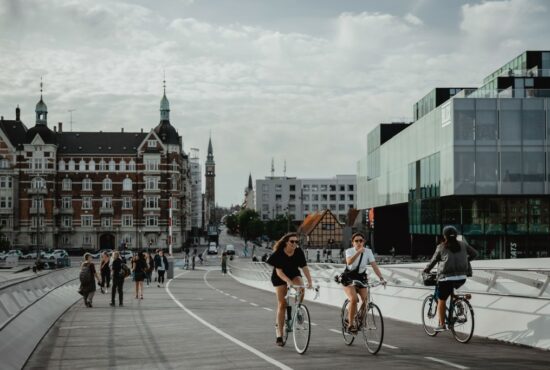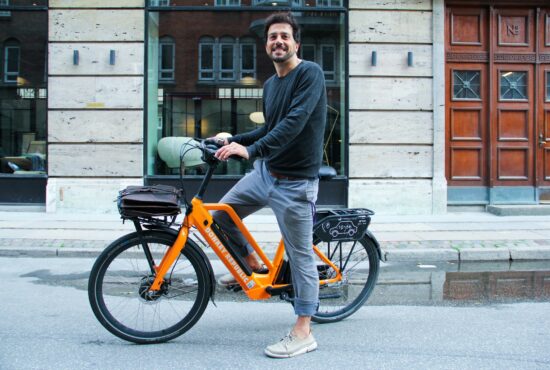It’s important now, more than ever, to make sure that we take care of the environment we are living in. We only have one Earth, after all. The simplest way to take care of your environment is starting with yourself. If you’re trying to discover quick and easy ways to reduce your carbon footprint. Here are just a few tips from our guest blogger Delilah Farrell.
Drive Less

Trying to find ways to drive less may seem like a daunting task, but after you evaluate how often you drive and why, you’ll realise that being more strategic in how and where you drive, and you will find ways to be more energy-efficient while you will also save yourself some time.
Think about your daily route to work, and think about the other places you go on a weekly basis. Is there a way to make those stops on your way home? Consider stopping at the grocery store as you drive by it, as opposed to going home and then going back out. The same can be said for grabbing dinner or even carpooling with a neighbour that works at the same place as you.
Think About What You’re Eating
Did you know that the type of food you eat can have a huge impact on your environment? Red meat consumes 11 times more water and produces five times more emissions than poultry. This being said, you don’t need to become a vegetarian in order to help the environment – quite the contrary as veganism has been proven to be almost as unsustainable as a meat-based diet. The key is to create a balanced diet of minimal red meat combined with poultry and plant-based products.
Cycle Commute

Speaking of driving less; substitute with a cycle commute! If your destination isn’t within walking distance – and isn’t terribly far away – consider cycle commuting.
Cycle commuting is great for your daily commute to work or a great way to get around the city. No matter the need, biking is an excellent way to eliminate emissions. This doesn’t mean that you have to take your bike everywhere. Bike sharing service Donkey Republic gives you access to bikes in many cities across Europe. Download the Donkey Republic app, find the nearest Donkey to you and rent it in a few clicks. Just unlock the bike with your phone and you are ready to explore!
Unplug unused electronics
According to House Method, energy vampires are household items that are consuming energy while not in use. Things like your television, phone chargers, and even your coffee pot are all considered energy vampires. Anything that is plugged in is technically drawing energy – even if it isn’t in use.
You don’t need to go energy crazy and unplug everything, just to plug it back in a few minutes later. Just be more conscientious about what you have plugged in that you rarely use. For example, are you at work all day? Then you probably do not need to have your television plugged in, the same can go for your coffee pot. Find a couple of your biggest energy vampires and make a point to unplug them before you head out to work each morning.
Buy more high-quality clothing and less “fast fashion”
Buying cheap clothing has been all the rage recently but the sustainability of fast fashion is extremely low and wasteful. Consider how many times you wear a single piece of clothing before it starts to wear down and look dingy. Then consider an investment fashion piece that you have had for years and it still looks good as new. While you may be spending a bit more initially, investing in fewer high-quality products will both save you money and reduce your carbon footprint.
Eat locally

Don’t just eat locally, eat organic as well! Keep in mind that when you are shopping for food – meat or plant-based – the closer the food is to you, the better. Along with that, being aware of the practices that go into the food you eat, such as the chemicals and pesticides that are used to grow your food, is essential in doing your part to help the environment. While some pesticides may be “beneficial” to keep pests away, the chemicals that we ingest are harmful to our bodies and harmful to the environment.



